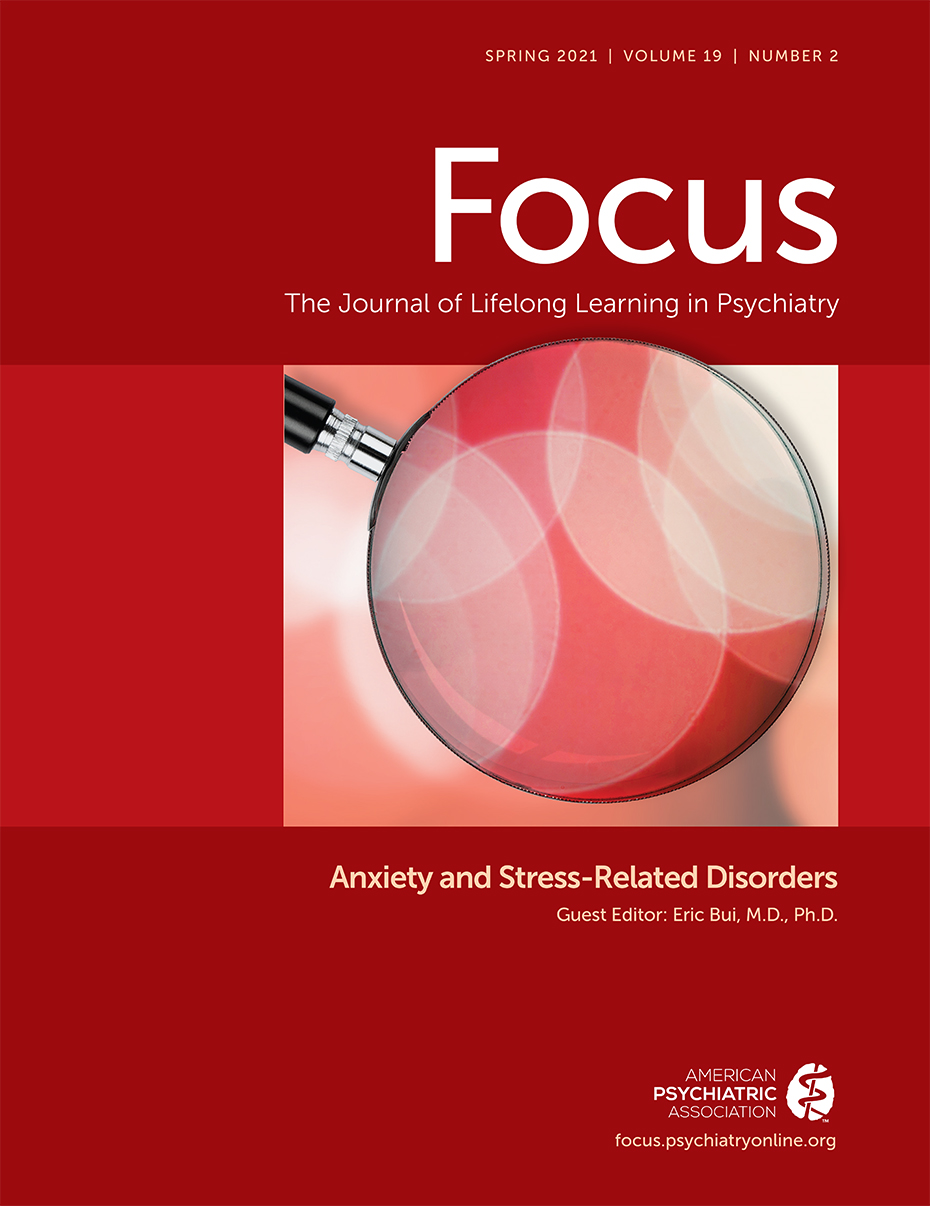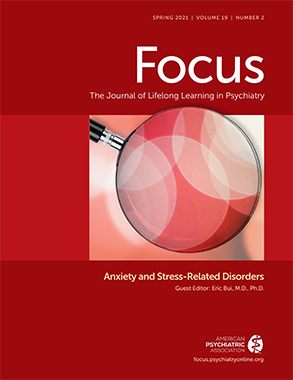Valid and reliable assessment is a cornerstone of evidence-based clinical intervention. An emic approach uses frameworks present within the cultural group regarding illness, whereas an etic approach applies definitions of illness developed outside a cultural group. The application of etic approaches assumes that psychopathology is a universally experienced phenomenon, regardless of culture, and this largely follows a biological view. A culturally relativistic view suggests that culture is essential in understanding psychopathology and that, at the extreme, culture is a mediating force through which all pathology is defined and expressed. This latter approach would, therefore, challenge whether PTSD or any psychiatric disorder is applicable outside the culture where it was developed as an illness category. To address this tension, methods and strategies that account for both etic and emic perspectives can be applied toward the comprehensive assessment of universal and culturally relevant trauma reactions.
Methods and Strategies to Create Culturally Sensitive Instruments
A key advancement in assessing trauma reactions involves identifying culturally specific syndromes and idioms and incorporating them into established Western screening instruments (
38). This approach bridges the divide between emic and etic approaches by leveraging the established psychometric properties of existing instruments as a starting point for further psychometric adaptation and evaluation. Screening instruments are critical in assessing PTSD, because most low- and middle-income countries lack enough trained clinical professionals to assess and treat high numbers of trauma-exposed individuals needing services (
39). By incorporating culturally relevant reactions, such instruments can become more holistic assessment tools and have greater sensitivity to detect suffering (
16). The integration of culturally relevant reactions follows the approach outlined by Bolton and Tang (
40), which has been applied in many cultural settings (
41–
43). This method follows five steps:
1.
Conducting qualitative interviews to identify community-defined mental health priorities;
2.
Identifying existing instruments with established psychometric properties that appear to capture the reactions identified (alternatively, de novo instruments can be created on the basis of the qualitative interviews;
44);
3.
Translating and adapting these instruments by incorporating local idioms or reactions identified in the first step;
4.
Conducting cognitive interviews to assess comprehension of items; and
5.
Validating the instruments and assess their psychometric properties.
In the first step, qualitative interviews engage members of the cultural group in a discussion about priority needs. These methods can take the form of in-depth qualitative interviews, focus groups, or free listing methods that provide an opportunity for the group to list the various reactions associated with a community-defined illness concept. Frequencies of these reactions provide evidence of their primacy within the symptom presentation of the community. The second step involves examining the reactions and mapping them onto instruments that appear to assess the concept following Western psychiatric definitions, including for PTSD. The third step involves translating these scales through a rigorous process: iterative translation and back-translation, review by bilingual mental health professionals, evaluation of items in focus group discussions, comparison between back-translated and original versions, and pilot testing of the scale (
45).
A critical stage during instrument validation is to conduct cognitive interviews (
46), which is a think-aloud method of ensuring that items are conceptually clear, nonoffensive, relevant, appropriate, and meaningful. Cognitive interviews involve asking members of the community to state the meaning of an item or describe it in their own words. The adequacy of the translation and conceptual equivalence can be established with this method. Another critical area that receives less attention is the response option of a scale. The traditional Likert-type scale, typically used in PTSD instruments, may not be understood universally. In some cultures, response options such as “not at all,” “somewhat,” “a little bit,” “moderately,” and so on are not well-defined or meaningful gradients. Therefore, visual analog response options might aid participants in ascribing differences in their degree of distress. For example, studies have used images of people carrying larger weights on their heads (
43), facial images that range from smiles to frowns (
47), or circles filled in by quarters to show how much of a symptom is present (
42). Each approach uses visual representations, which are likely to communicate burden in gradients more effectively than numeric Likert-type scales. The final step is to validate the instruments. Validation takes several forms, including structural and factorial validity, largely assessed using confirmatory factor analysis; convergent and discriminant validity, which is assessed by evaluating the test against other constructs that are known to correlate (or not correlate) with the construct under study; and criterion validity, which is the examination of whether the instrument performs against a gold standard and to establish a clinical screening cutoff score to assess the disorder.
If the goal of screening is to categorize people as those with or without PTSD (rather than to assess severity), the tool must be evaluated against a gold standard to establish criterion validity. This gold standard may be defined by the community themselves, in a “known groups” method so that people who are thought to have the disorder are nominated by health workers and are compared with people who are thought not to have the disorder through a similar nomination process (
40). As an example, this process was applied to validate the child PTSD reaction index among Somali refugee children living in Ethiopian refugee camps (
42). Another gold standard could be using a clinician-administered interview with a standardized instrument, as was done to validate the PTSD Checklist for
DSM-
5 in a study with Filipino domestic workers in China (
48). Notably, the
DSM-5 Cultural Formulation Interview is a semi-structured interview. This interview encourages culturally formulated idiographic assessment and builds off the work of global mental health and transcultural psychiatry in previous decades. Although this interview is foundational to starting discussions with culturally different clients, it is unclear how often this interview is used in day-to-day clinical practice. This interview can be augmented with the administration of clinical instruments assessing both universal and culturally relevant trauma reactions for a comprehensive clinical assessment.
Finally, because determining PTSD is complicated in conditions of ongoing stress and adversity, instrument findings can be strengthened by querying for experiences of ongoing stress and adversity at the time of the assessment. A recent study used this approach to measure pre- and postmigration stressors among Filipino migrants, providing more context for interpreting PTSD and anxiety findings (
49). Reporting ongoing stressors and adversity can improve confidence in study findings and provide a more nuanced picture of clinical considerations, because PTSD may not be the best diagnosis to capture reactions to current stressors.
How to Assess Across Cultures: Practicing Cultural Humility
When considering the style and stance of the assessor, the concept of cultural humility bears consideration. Cultural humility is a process of self-reflection and critique to redress power imbalances that exist between health professionals and patients to develop a mutually beneficial relationship (
50). Applying this concept to the field of traumatic stress invites reflection about power imbalances between those who develop and codify psychiatric diagnoses, those who conduct assessments, and those who are being assessed. In a global context, individuals receiving Western psychiatric diagnoses may lack agency, resources, and engagement with those in power, thereby preventing equitable co-creation of knowledge regarding the Western psychiatric concepts being applied to them. With humility comes respect for other cultures, and a consequence of this respect is an openness to other perspectives.
Although a tension exists between what is reified as psychiatric canon and what culture might teach us about mental illness, one should not fully abandon their own training and beliefs. However, humility affords the opportunity to consider alternative explanations for the symptoms or reactions, the expectations of norms of behavior, and the predicted course of the illness. Humility can thus lead to more nuanced, appropriate, and holistic definitions of trauma reactions so that all reactions are not pathologized (
51).
Researchers and clinicians should be aware of historical events occurring between cultural groups, as these may shape expectations and activate stereotypes that may not be helpful for the assessment process. For example, structural racism and discrimination experienced by Native Americans and ethnic minorities in the United States exacerbates poor mental health in general and may decrease openness and trust during a clinical encounter (
52). Similarly, encounters with assessors from different cultural backgrounds, or within contexts of uncertainty (e.g., refugees and asylum seekers), may evoke defensiveness, which could be misjudged as paranoia or uncooperativeness. Mischaracterizing such behavior can lead to improper inferences that may further harm mental health and reduce access to appropriate care. Clinicians should also be aware of their own blind spots with regard to historical trauma and educate themselves (
2). With the rise of migration to Western countries, the historical contexts that necessitated this migration and the geopolitical processes that may have led to collective or individual trauma should not be ignored. The framework of cultural humility invites ongoing education, acknowledgment of blind spots and power differentials, and the practice of reconnecting with curiosity and respect in clinical encounters. Finally, cultural humility is also consistent with culturally sensitive clinical practice. Cultural sensitivity is defined by cultivating awareness of one’s own and others’ cultural identities, using culturally formulated case conceptualization, and tailoring services to each client (
53). Overall, cultural humility is a stance that is consistent with culturally sensitive care overall and an aspirational practice for conducting assessment across cultures.

